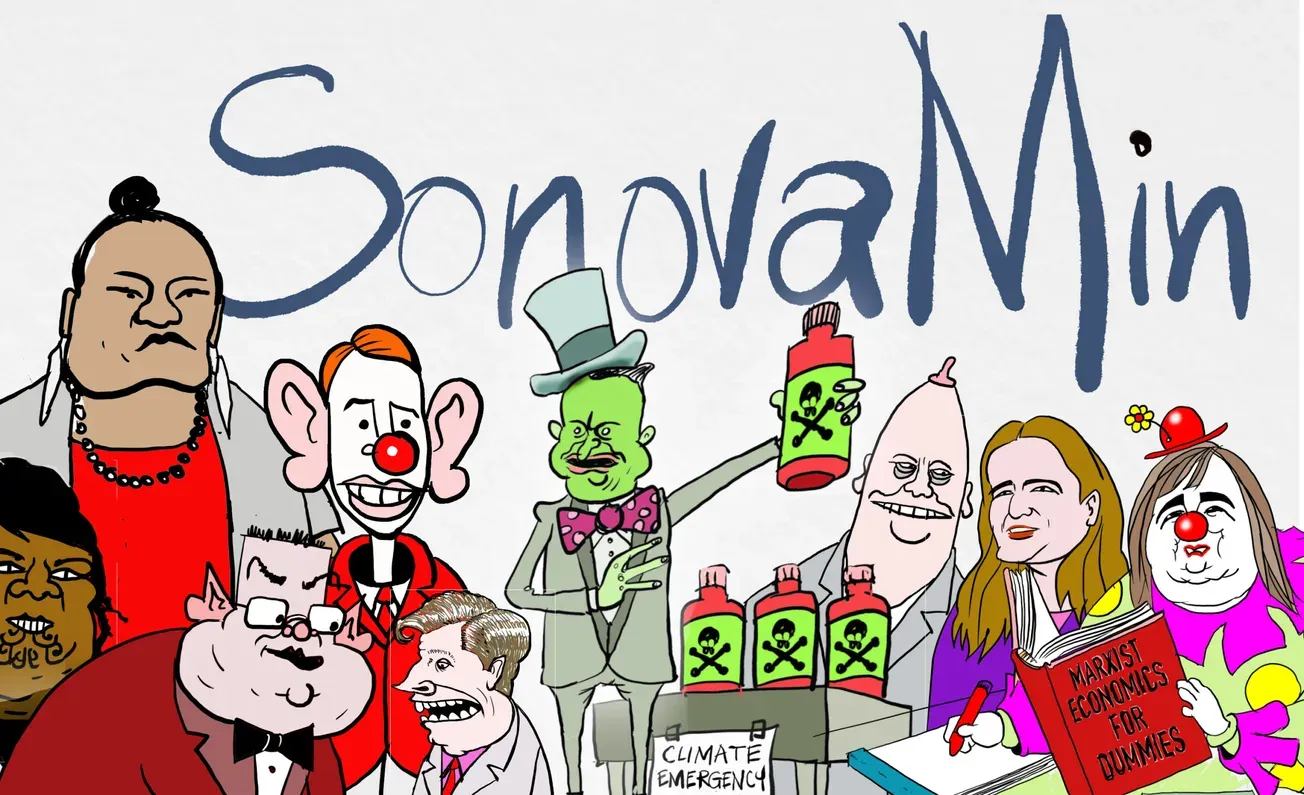Table of Contents
Fred Too
Information
Opinion
The Economist recently ran an article saying households across the rich world have never been so gloomy. Apparently they are even more gloomy than during the 2008 Global Financial Crisis or the first lockdowns of 2020.
The Economist says the obvious explanation of high inflation is insufficient to explain the depth of the gloom in America.
The Economist then proposes other contributing factors related to the fallout from Covid, but not the ones I would. Their strongest suggestion is that incomes have taken a hit after the end of the Covid financial stimulus. In the US that involved direct payments to households.
They also suggest people’s expectations were raised with predictions that when the world got back to normal there would a ‘roaring ’20s’ type boom. That hasn’t happened, and there is nothing like dashed expectations to make people feel gloomy.
Their final suggestion is taken from some research that suggests that paying people a medium-sized sum like $2,000, about the amount typically paid in the US, is not enough to be life changing. It just makes it more obvious to the recipient what they can’t afford, so makes them more depressed. I am somewhat skeptical of this finding but it might be true for the US, I guess.
The Economist stays away from my favoured explanation of what some call ‘the emperor has no clothes’ effect. Pretty much all over the developed world people were told how lockdowns, masks and vaccines were necessary and would save them. Most people believed that for a while, but are now waking up to the fact that they didn’t help.
Even worse, the usual Covid responses probably caused a lot of damage to the physical and mental health of the population. Deaths are up, crime is up and people are less friendly.
Being sold a dud like that is certainly a reason to be gloomy!









